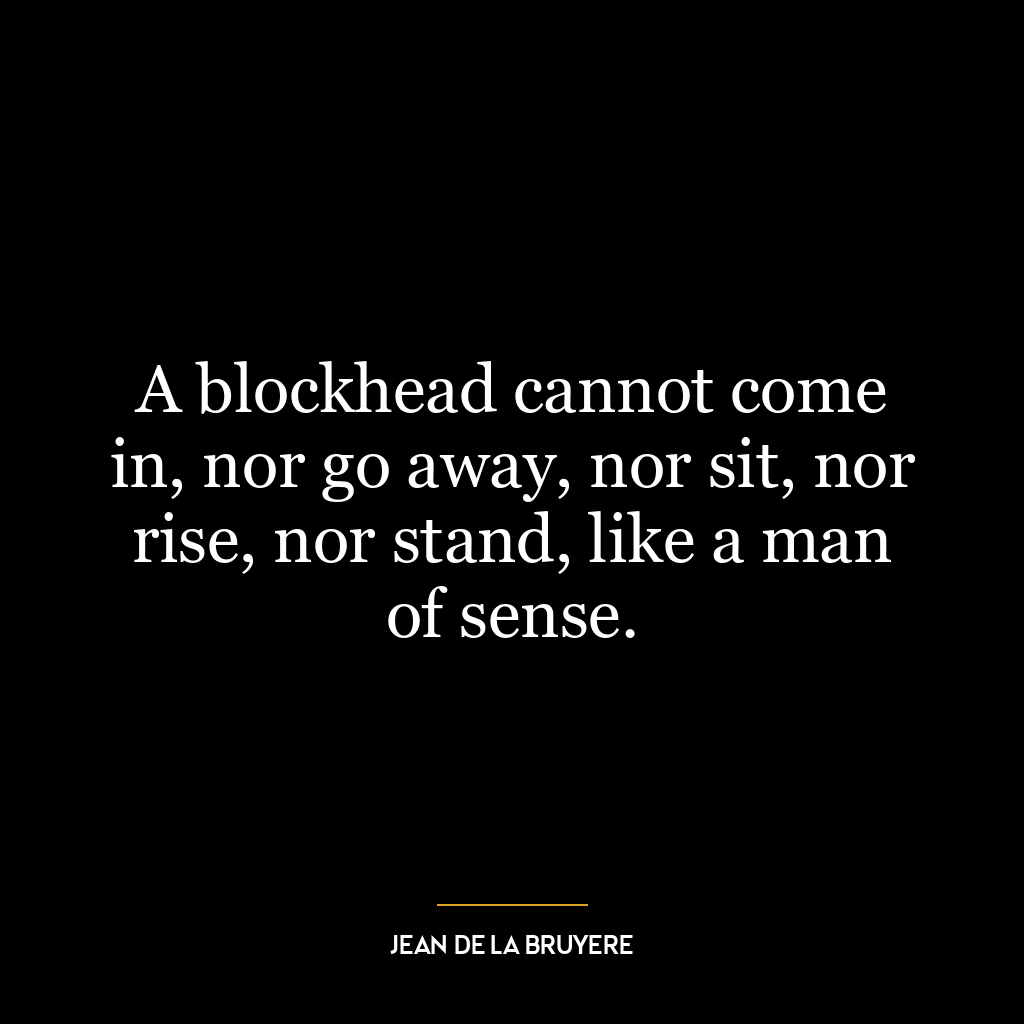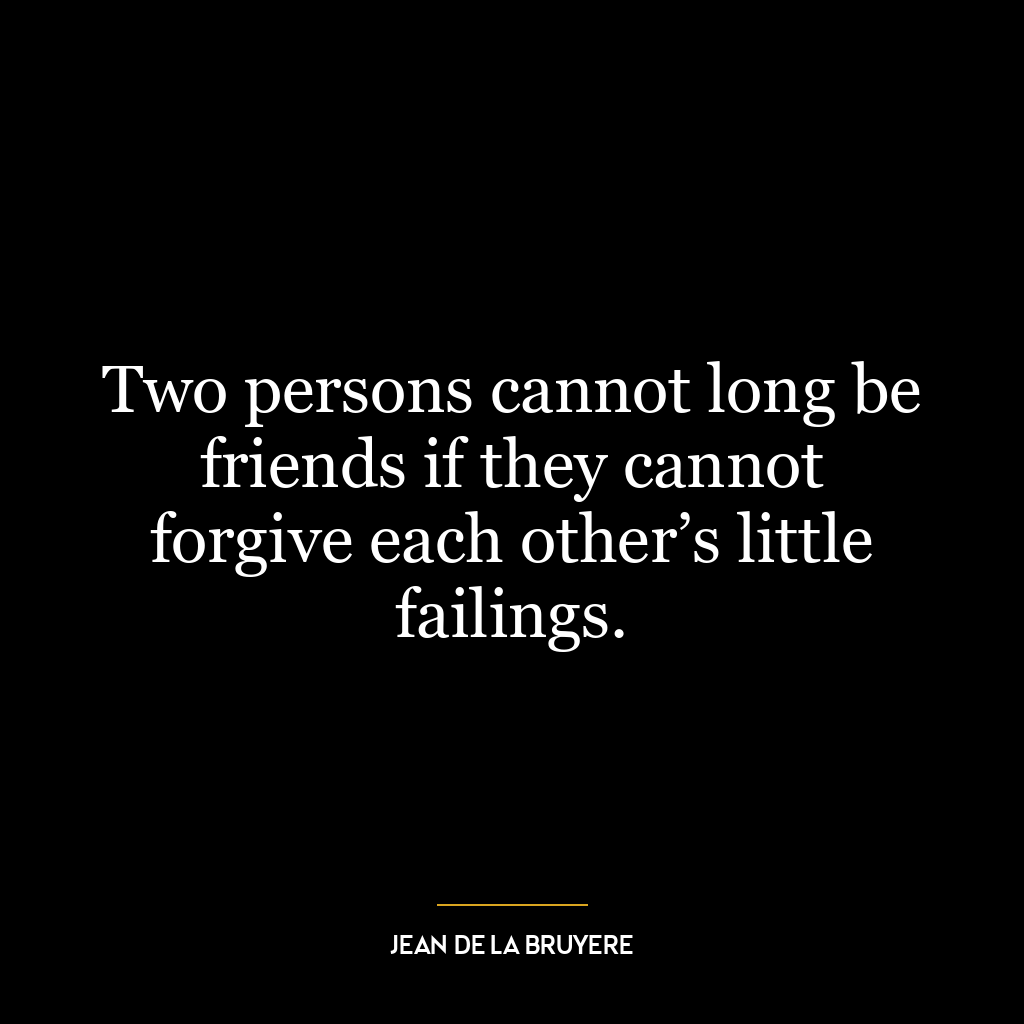This quote essentially highlights the concept of ethnocentrism, the act of viewing one’s own culture as superior and judging other cultures based on its standards. The “tribe” referred to in the quote represents one’s cultural, social, or ideological group. The person being forgiven believes that their tribe’s customs are not just local traditions but universal truths – “the laws of nature”. This belief can lead to a narrow worldview, intolerance and misunderstanding towards others who live by different customs.
In today’s globalized world, this quote is particularly relevant. We come across people from diverse backgrounds in our daily lives – at work, in schools or online. If we believe that our way of life is universally correct and judge others based on this standard without understanding their context and perspective, it can lead to conflict and division.
Applying this idea to personal development involves cultivating an open mind and empathy towards others’ experiences that are different from ours. It means recognizing that our beliefs are shaped by specific cultural or social contexts and may not be absolute truths applicable universally. By doing so we can learn from other cultures instead of dismissing them as wrong or inferior.
Moreover, it also emphasizes the importance of self-awareness about our biases formed due to societal norms we grew up with. Just because something has been done a certain way for generations doesn’t necessarily mean it is the only right way or even beneficial anymore.
Shaw’s quote serves as a call for humility in acknowledging that what we perceive as normal or natural might be entirely alien elsewhere – enlightening us towards acceptance rather than judgment.














